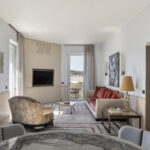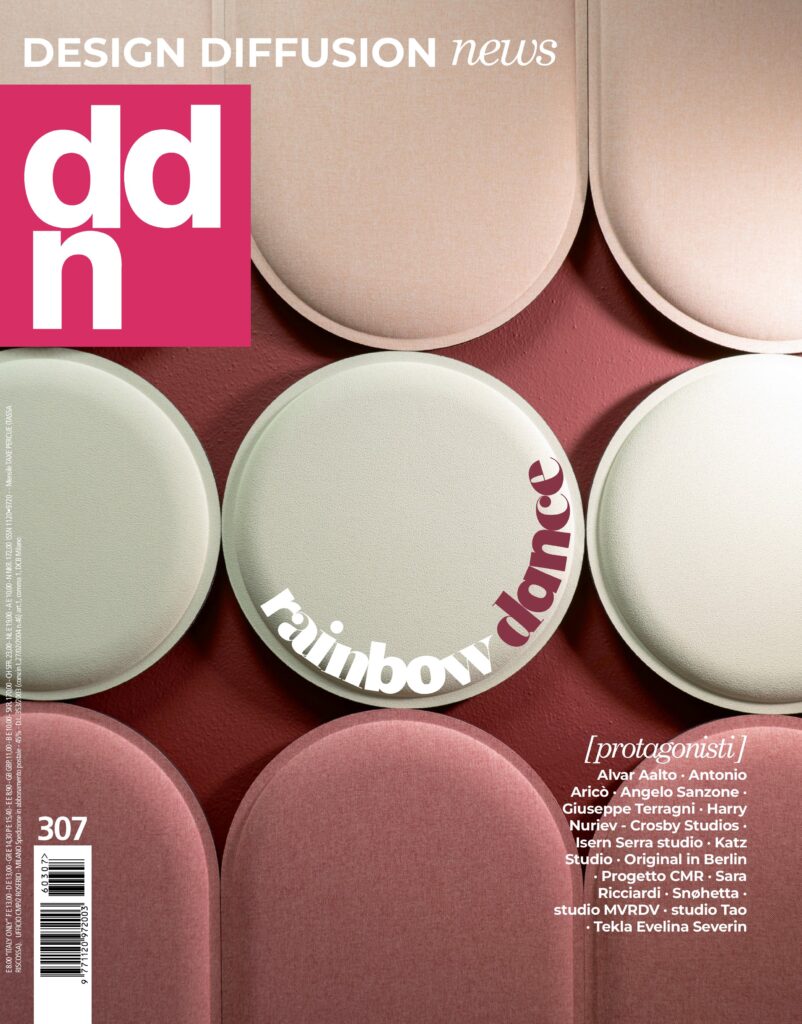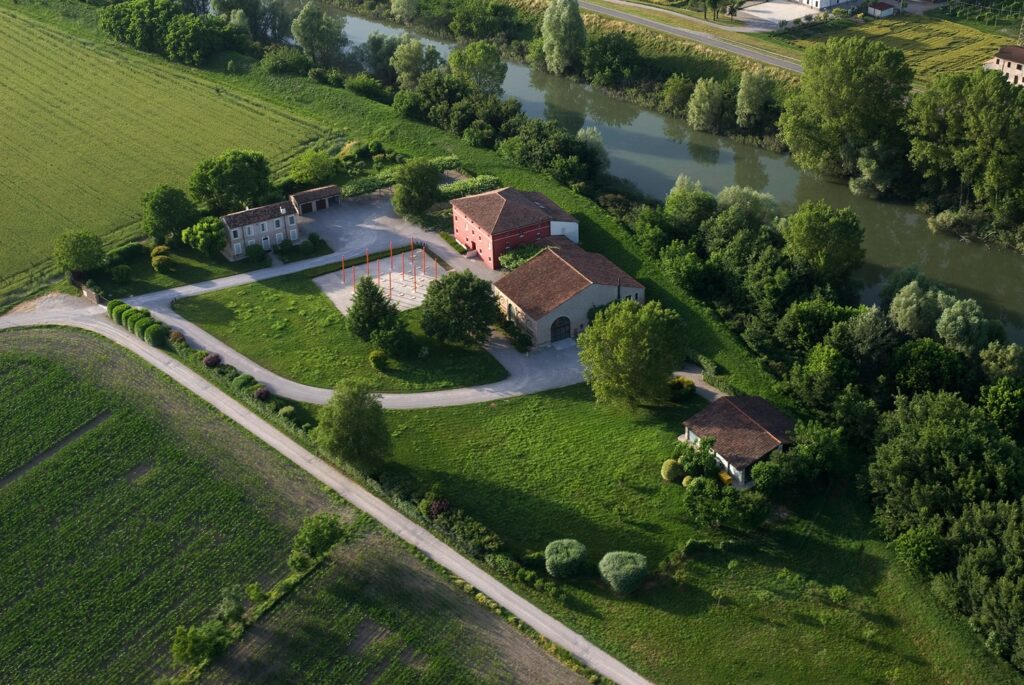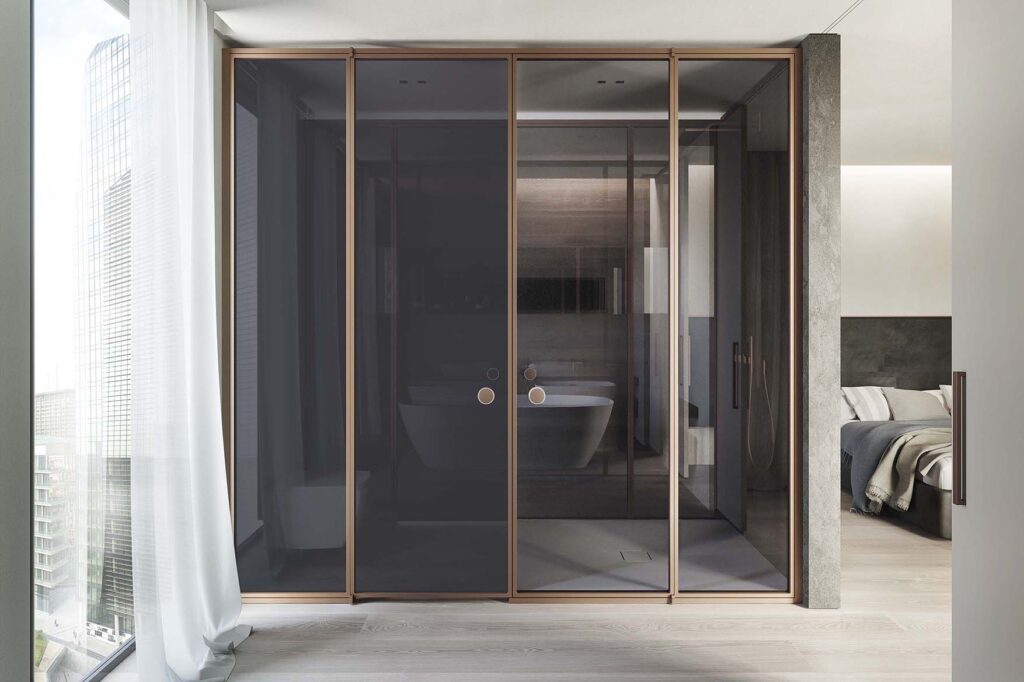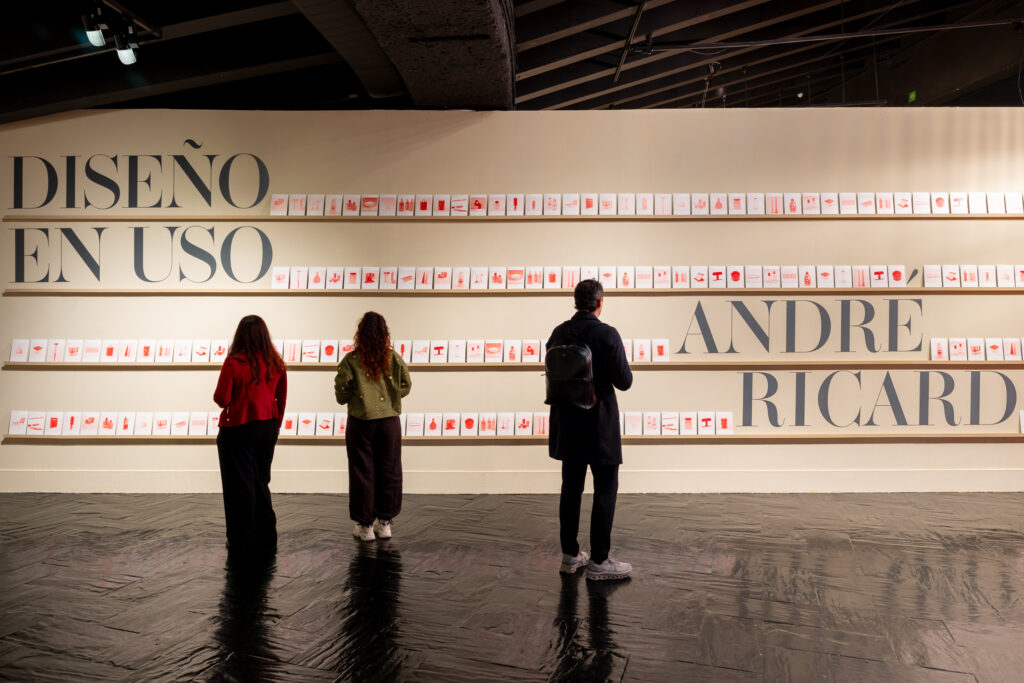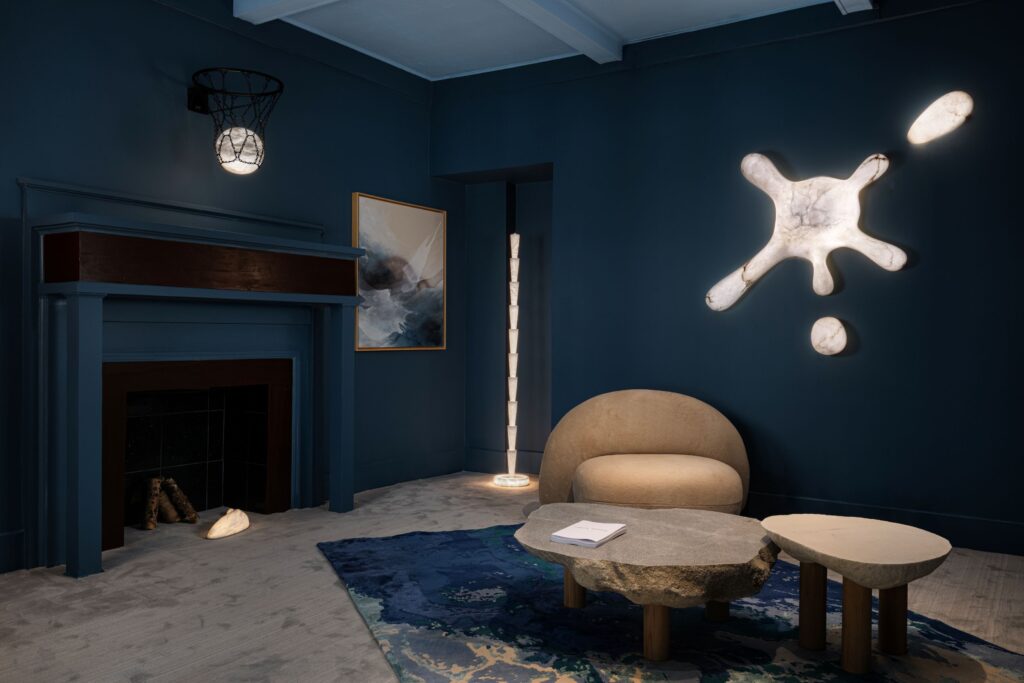On July 31, 2021, Lodovico Acerbis, one of Italy’s most representative entrepreneurs and designers, passed away
The story of Acerbis Design is the typical story of a family business producing made in Italy furniture. Established in 1870 by Benvenuto Acerbis as a carpenter’s workshop in Albino (Bergamo), it debuted in industrial design after World War II. In 1942, Marino Acerbis, his son, began collaborating with architect Pino Pizzigoni and introduced red lacquer and synthetic coatings.

In 1963, when Lodovico Acerbis joined the company, it moved to Seriate and the Acerbis International brand was born. Lodovico Acerbis, designer and entrepreneur, realized the potential of made in Italy furniture and began to collaborate with international designers. The first result of the new course, in 1968, was Addition System, by De Pas, D’Urbino and Lomazzi. A modular, customizable, colorful storage system that attracted the attention of the international market.
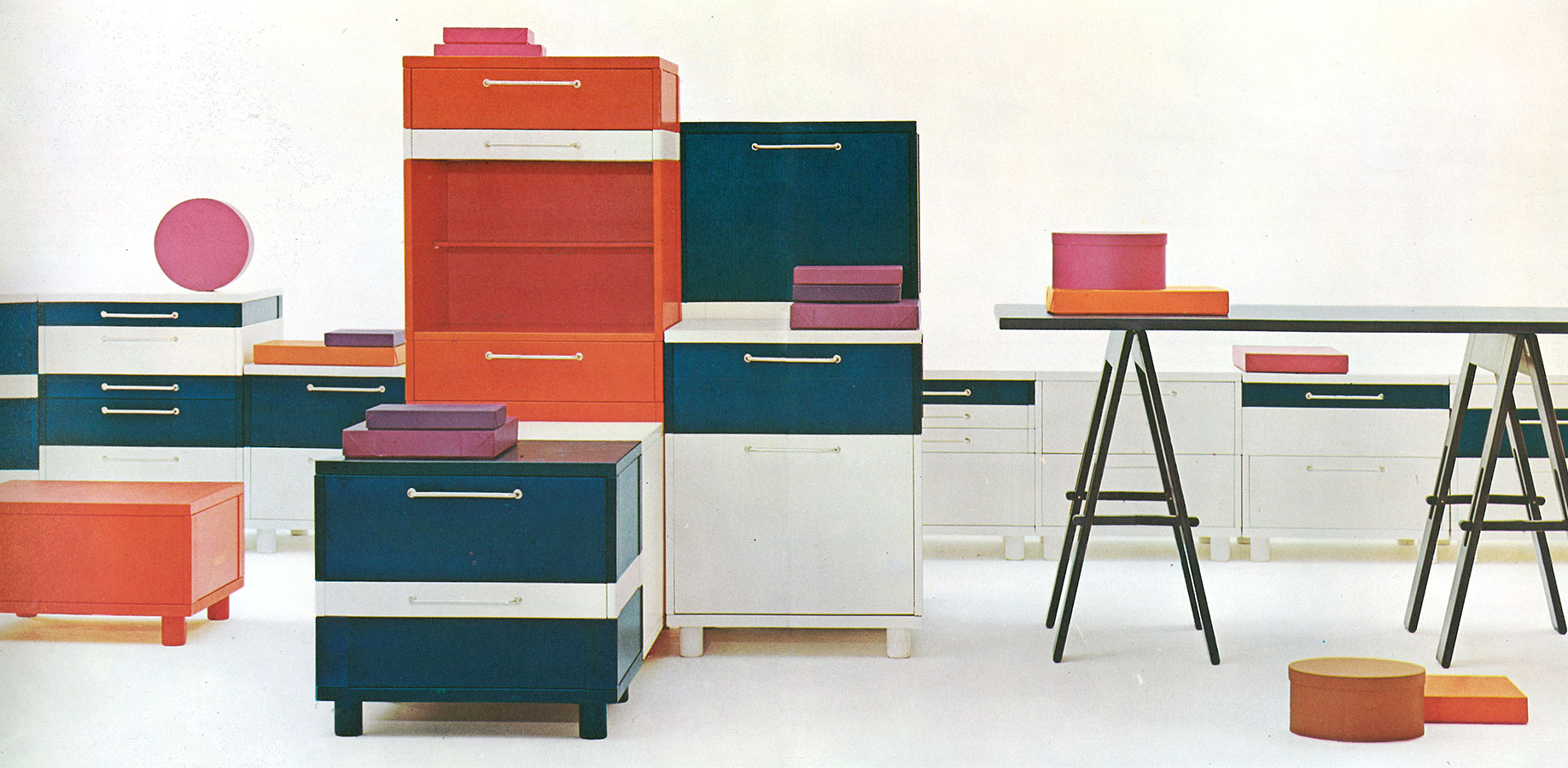
In 1971, Lodovico Acerbis designed Parioli System, a sideboard embodying experience and knowledge of materials. In the first version, Parioli System was made of wood and steel; later, it was produced in polyester lacquer with anti-scratch finish.
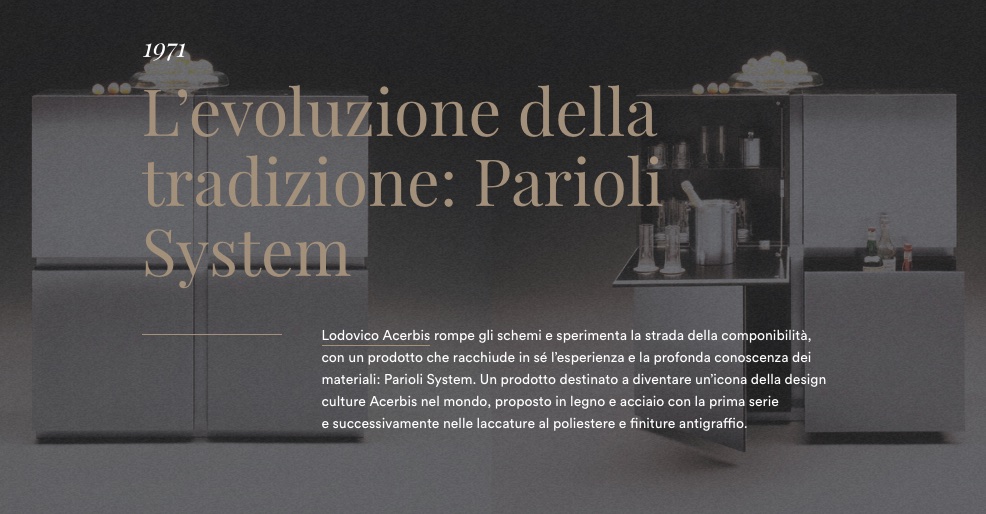
Acerbis design: a new living concept
Over the years, Acerbis Design’s production has focused on the living area and the most innovative and technological solutions: a new domestic landscape like the one celebrated by the exhibition at MoMA, “Italy, the new domestic landscape,” in which Acerbis participated with Central Block, the system designed by Alberto Seassaro.
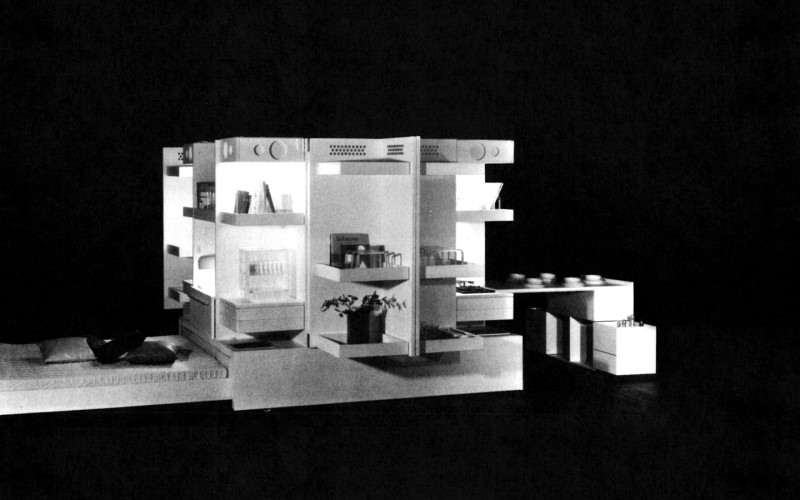
In the early seventies, Roberto Monsani interpreted the new living area with full and empty volumes that defined walls and furniture with a new aesthetic. Life Collection is a complete collection including backlit wall systems, tables and sofas that show the ability to innovate.
Read MDF Italia acquires Acerbis Design

An international vision
The encounter with Giotto Stoppino marked one of the most important periods for the company as it led to some of the most iconic projects in the history of Acerbis International. Polyester lacquers and new technologies took center stage in the company’s philosophy. The collaboration between Giotto Stoppino and Lodovico Acerbis resulted in the Sheraton sideboard, awarded with the Compasso d’Oro in 1979 and included in the Permanent Design Collection of the Victoria & Albert Museum in London. Giotto Stoppino and Lodovico Acerbis designed also the Hilton modular system, the Brooklyn bookcase and the Quartetto sideboard. Poste Italiane celebrated Quartetto with a stamp in the “Design Italiano” series in 2000.

Among the many architects with whom Acerbis collaborated, we can mention Foster & Partners, who developed the Cambridge bookcase system for the Faculty of Law of the University of Cambridge. Later, this made-to-measure bookcase system went into mass production for the office and home.

An important part of Acerbis Design’s activity is represented by the investment in communication, which has resulted in the collaboration with many exceptional photographers. Among them, studio Ballo + Ballo created for Acerbis a series of shots that gave a De Chirico-style light and life to the key pieces of the collection.
In 2019, Acerbis Design began a new chapter in its history, with MDF Italia, another important company for made in Italy production.








